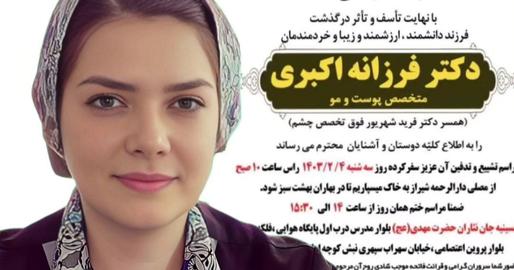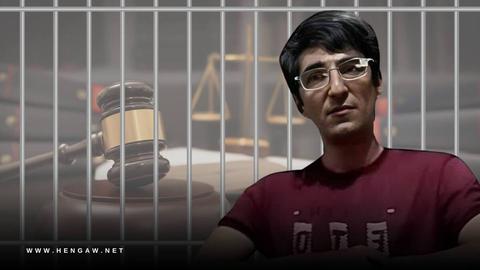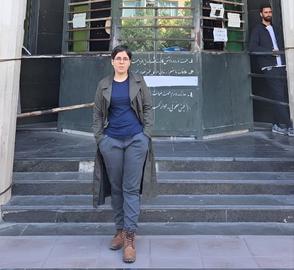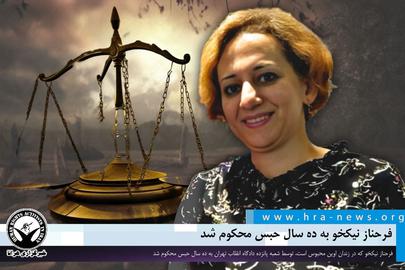Amnesty International is urging Iranian authorities to immediately halt any plans to execute four members of Iran’s Kurdish Sunni minority who have been sentenced to death following a “grossly unfair” trial marred by allegations of torture and other ill-treatment.
The London-based human rights group said on January 12 that the three men should have their convictions and sentences quashed, and be granted them fair retrials, “without recourse to the death penalty and excluding coerced “confessions.”
Anwar Khezri, Farhad Salimi, Kamran Sheikheh and Khosrow Basharat are at grave risk of execution in Karaj’s Ghezelhesar prison, near Tehran, amid a spike in executions in the country.
Between November and January, three other Iranian Kurdish men – Ghasem Abesteh, Ayoub Karimi and Davoud Abdollahi – who had been sentenced to death in the same case were arbitrarily executed.
The seven men were arrested in December 2009 and January 2010 in West Azerbaijan province and accused of membership in “Salafist groups” – a charge they denied.
They were convicted of “corruption on Earth” and sentenced to death by the Revolutionary Court of Tehran in 2018.
In 2020, the Supreme Court upheld their convictions and death sentences, and rejected their request for retrial.
The presiding judge had barred the defendants’ lawyer from speaking at the trial.
Amnesty International cited an informed source as saying that prison authorities subjected Abesteh to torture and other ill-treatment, resulting in a broken nose, shortly before executing him.
Khezri, Basharat and Salimi wrote in open letters that were extracted “confessions” through torture, including repeated beatings, suspension from the ceiling, mock executions and sleep deprivation.
At least 746 people were executed in Iran last year, according to the Norway-based Iran Human Rights group.
Ethnic minorities in Iran, including Kurds, Arabs, Azeris, Baluch and Turkmen, face discrimination which curtails their access to education, employment and political office, and are also disproportionately affected by death sentences imposed for vague charges such as “corruption on Earth,” Amnesty International says.
Authorities also subject members of religious minorities such as Sunnis, Baha’is, Christians, Gonabadi Dervishes, Jews and Yaresan to discrimination in law and practice, arbitrary detention, unjust prosecutions, torture and other ill-treatment for professing or practising their faith.
visit the accountability section
In this section of Iran Wire, you can contact the officials and launch your campaign for various problems


























comments